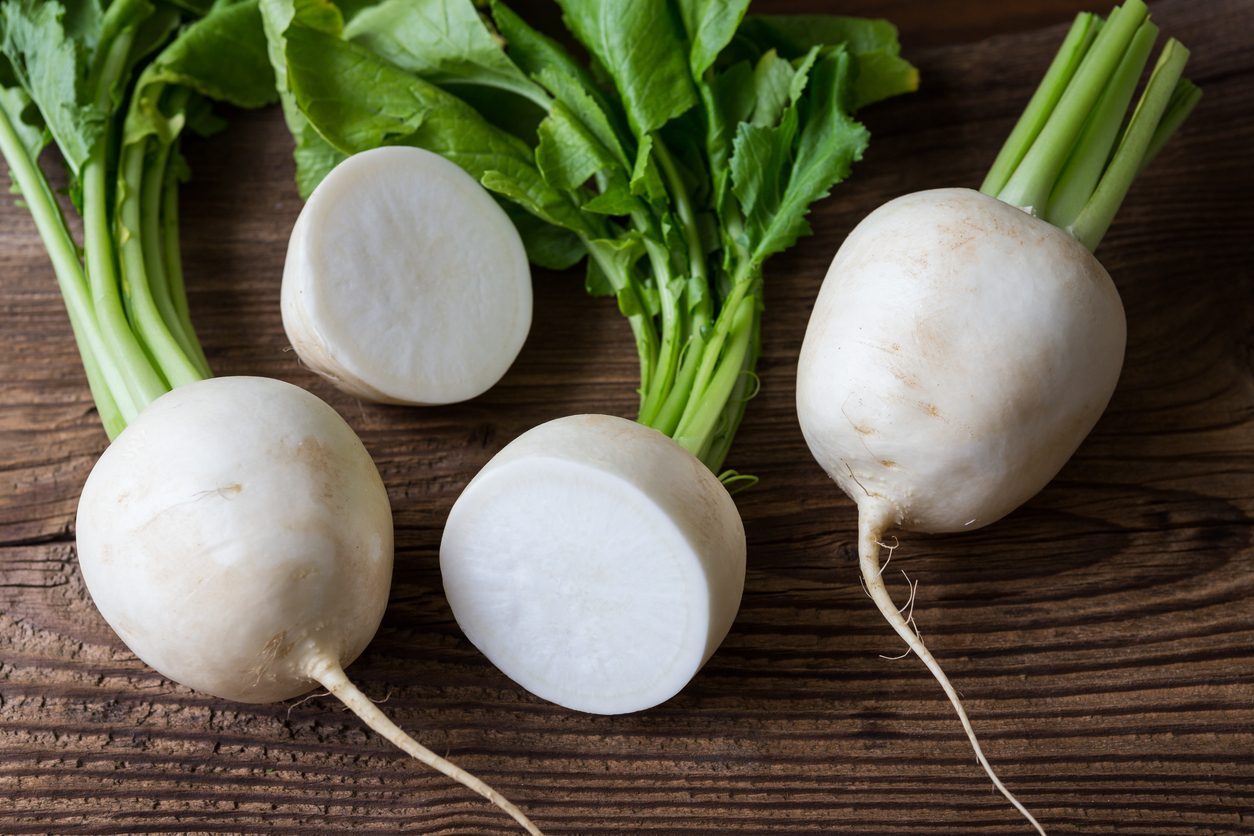How to Make Fermented Honey Garlic, Why It’s Good for You and How to Use it In The Kitchen
;Resize,width=742;)
Fermented Honey Garlic is a traditional preparation that combines the benefits of garlic with the sweetening and healing properties of honey, enriched by a fermentation process that amplifies its qualities. This apparently unusual combination has origins that could date back to ancient Egypt, where garlic and honey were already fundamental foods in the diet and in medicine: it is also a combination with a truly particular flavor, capable of giving a little pep to your recipes. Here's how to prepare it and why honey garlic is good for you.
Where Does Honey Garlic Come From?
Fermented garlic in honey is an ancient preparation whose origins may date back to ancient Egypt, one of the civilizations of the Mediterranean basin where garlic and honey were already fundamental foods in the diet and in medicine. Garlic, with its antibacterial and antiviral properties, and honey, known for its enzymes and antioxidants, have been combined in this natural remedy to exploit their synergistic effects.
Fermenting garlic in honey is a simple yet effective process that amplifies the health benefits of both ingredients: this preparation has been passed down over time and used as a home remedy to strengthen the immune system, improve digestion, and protect against infections, especially during the winter months. The recipe has also spread thanks to local traditions and cultural exchanges: today, garlic fermented in honey continues to be appreciated not only for its health benefits, but also for its unique flavor and versatility in the kitchen.
Ingredients
How to Make Fermented Garlic in Honey
First sterilize a jar of about 500 gr, then dry it well. Peel the garlic and separate the cloves: it is preferable to choose organic garlic, checking that the cloves do not have damaged parts or bruises. If the honey is compact, heat it slightly in a bain-marie to liquefy it, but without ruining it: once done, wait for it to cool slightly.
Place the garlic cloves in the jar and cover them with honey, making sure that it covers them perfectly and that it also enters any cracks (you can mix with a clean spoon). Close the jar tightly and then proceed to sterilization.
Place the jar in a saucepan with water and wrap it in a clean cloth, so that it cannot hit the sides of the saucepan: the jar of honey must be completely immersed. Boil on low heat for 20 minutes. After this time, do the "click" test: press on the lid of the jar. If you don't hear any noises, you have completed the procedure; if you hear a sort of "click" you must repeat the sterilization, because there is still air.
You can store your honey garlic in a dark, cool, dry place: once you open the jar, however, we suggest you store it in the fridge.

How to Store and Preserve Fermented Honey Garlic
After fermentation (about 1-2 weeks), if stored in a cool, dark place, such as a pantry, it can last up to 6 months, but after opening the jar, it is best to put it in the refrigerator to maintain freshness and prevent the growth of unwanted microorganisms. To obtain maximum benefit and safety, we recommend consuming honey garlic within 6-12 months of preparation.
Garlic cloves will gradually darken, but this is normal. However, if you notice the presence of mold or an unpleasant odor, the product should be discarded. Even if the color changes dramatically or abnormal bubbles appear, avoid consuming it.
Benefits of Fermented Honey Garlic
The benefits that come from this preparation are various:
- Strengthening the immune system. Garlic contains allicin, a compound with antibacterial and antiviral properties, while honey is rich in enzymes and antioxidants. Together, they help fight infections and prevent seasonal ailments.
- Protection against infections. The combination has an antimicrobial and antifungal effect, useful for fighting viruses and bacteria, as well as calming symptoms such as coughs and colds.
- Improved Digestion. Fermenting garlic in honey promotes the growth of beneficial bacteria, improving gut health and digestion.
- Antioxidant and anti-inflammatory effect. Both ingredients contain compounds that reduce inflammation and protect cells from oxidative stress.
- Regulation of blood pressure and cholesterol. Garlic helps reduce blood pressure and cholesterol levels, while honey helps improve blood circulation.

How to Use Fermented Honey Garlic in The Kitchen
Fermented honey garlic is a unique ingredient that can be used in a variety of ways in the kitchen, adding a unique touch to both sweet and savory dishes. One of the best ways to use it is to marinate chicken, pork or beef: the sweetness of the honey and the aroma of the garlic give the meat a rich and aromatic flavour. Marinate the meat in honey garlic for a few hours, or preferably overnight, before cooking. Alternatively, you can add honey garlic to sauces or glazes to enhance dishes such as baked chicken, salmon or roasted vegetables.
You can mix it with extra virgin olive oil and balsamic vinegar to create a sweet and sour vinaigrette, perfect for green or grain salads, or create a dressing for your croutons by mixing the honeyed garlic with yogurt, soy sauce and grated ginger.
;Resize,width=767;)
;Resize,width=712;)
;Resize,width=712;)

